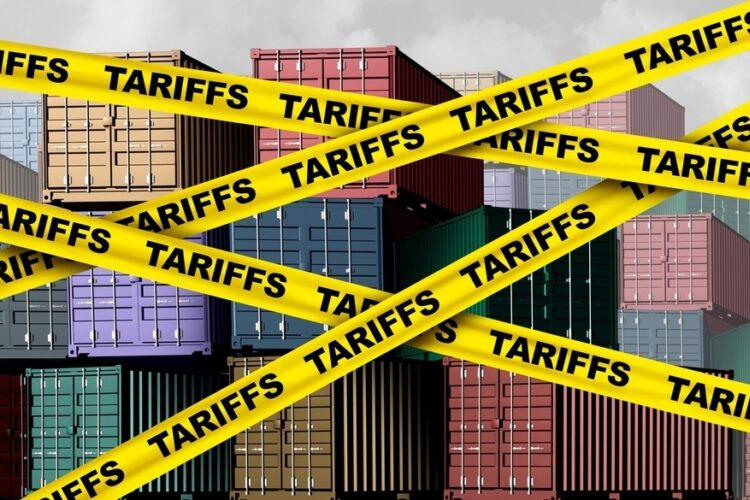How New Tariffs May Impact Your Automotive Repair Business
Recently the Administration announced significant tariffs on imports from virtually all countries, dominating the news cycle. There hasn’t been as much discussion about how this impacts the automotive repair business, so we wanted to spell out how this may impact your business.
What Are Tariffs?
Tariffs are taxes that the Federal US government charges on all imports, levying different tariffs depending on their country of origin. Currently – and these are subject to change – these range from 10% to 145% in the case of China.
How This Affects Parts Procurement
One facet of the automotive repair business is of course parts procurement, and the US imports a sizable quantity of aftermarket parts. A good proportion of these imported aftermarket parts are from China – post-tariffs, these parts are going to be extremely uncompetitive in the US.
The US also sources significant quantities from Canada and Mexico. While these were previously not subject to tariffs as they were part of the North American free trade agreement, these imported parts will now be more expensive. On the other hand, domestically-manufactured parts will be more price competitive in the US. Recycled or remanufactured parts are of course not subject to tariffs and will be relatively more affordable.
In the next couple of months, there will be significant volatility in supply chains. We recommend staying on top of parts availability and building in redundancies, as well as readying for potential price increases to offset higher parts wholesale pricing. Just like COVID, there will be a reconfiguring of supply chains. In this case, distributors will source less from China and more from countries that are subject to lower tariffs. Make sure you aren’t left without parts, causing cars to just sit at your facility.
Beware of Volatility and Price Gouging
Watch out for suppliers and distributors that will take advantage of the volatility to price gouge desperate buyers. Note that just because tariffs increase by x%, this does not mean that the prices you pay on foreign-origin goods will increase by x%, because tariffs are just a tax on the goods coming in, while the actual wholesale and retail price also factor in transport costs, labor costs, overhead costs, how much margin manufacturers and distributors are willing to accept, and so forth. We would expect the wholesale and retail prices to increase less than the tariff changes.
Equipment and Supply Costs May Rise
In addition, you should think about equipment and supplies increasing in price. Much of the equipment you use in your shop does come from abroad, for example air compressors, vehicle lifts, and electrical tools.
A Potential Bright Spot
There is one unexpected bright spot: the 25% tariff on imported vehicles. This will likely cause consumers to value used older cars more, and incentivize them to maintain older vehicles. That kind of thinking only benefits the automotive repair industry.
Our Commitment to You
Here at ADAS Depot, we are committed to your success as an automotive repair shop. We are also committed to fair pricing on our products, and being transparent around which items are experiencing price increases due to tariffs. We know this is a volatile time and we want to make sure you’re prepared to navigate this period of transition.
Let us know if you have any questions or concerns about tariffs.

